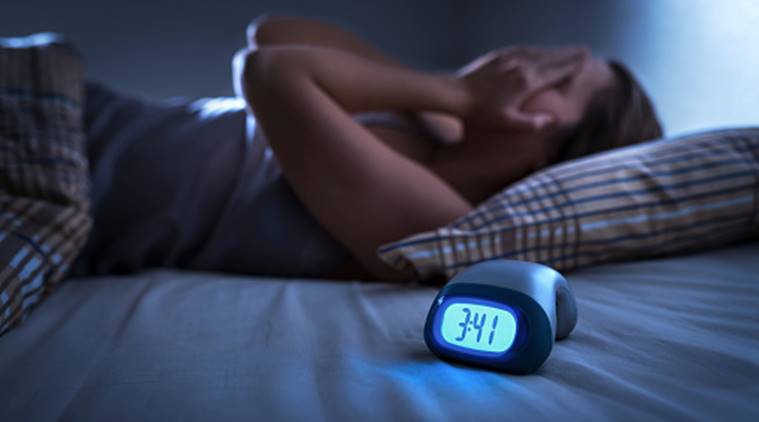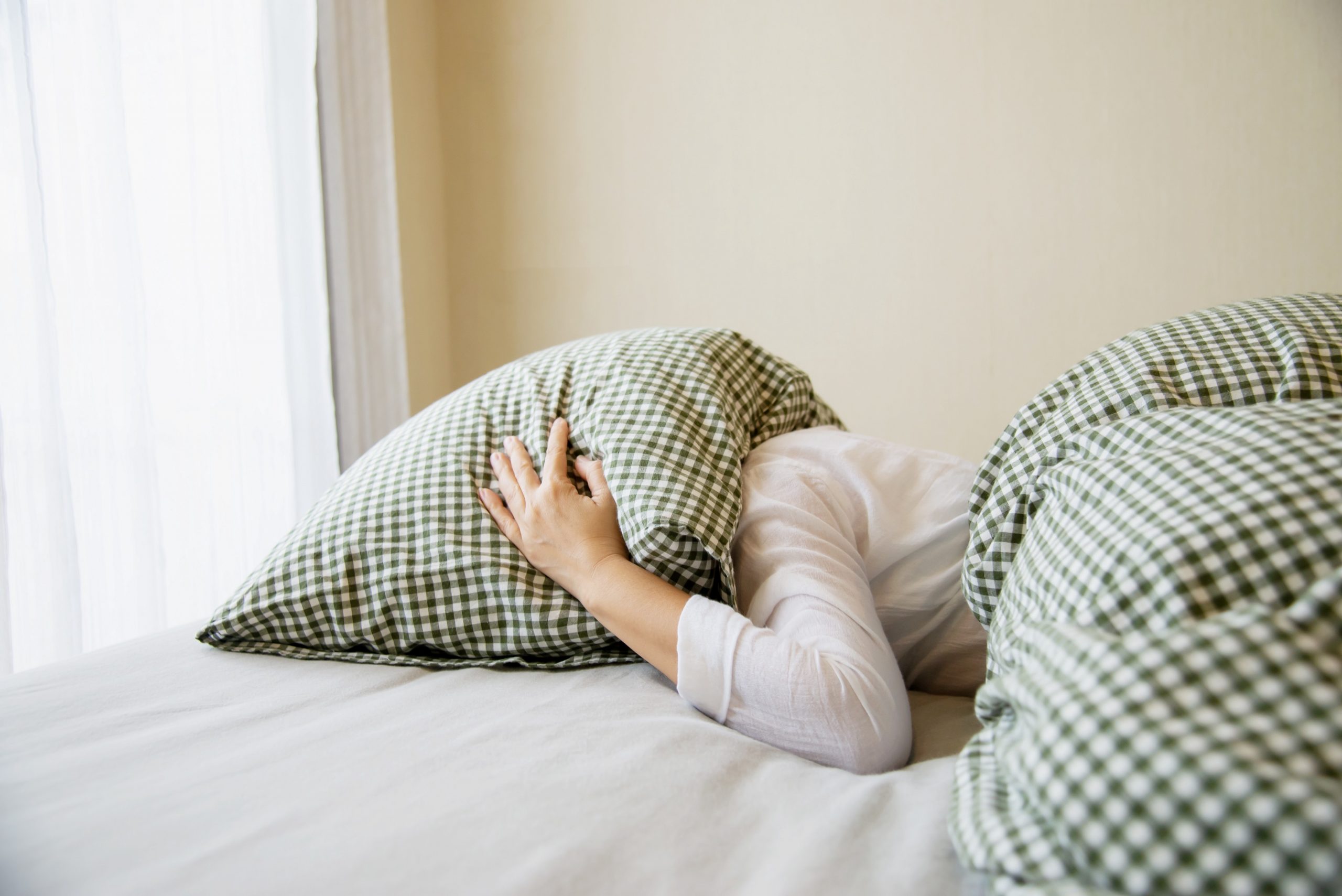Sleep and sleep disorders

Sleep disorder is a group of condition that affects individuals’ ability to fall asleep on daily basis, in another word it is a disruption to sleep pattern. It is a wide spectrum of diseases, it refers to the alteration in the sleep quality, quantity, and pattern. It could be due to stress or it is an underlying problem to diseases. This condition can also persist in long term or short term. The recommended sleeping hour for normal adults are about 6-8 hours, whilst for children the sleeping hours is even longer (e.g: newborn up to 16 hours), however as for elderly usually it is shorter which is only about 4-5 hours of sleep.
Cause of sleep disorder?
Common cause of sleep disorders includes work in the shift hour, physical problems such as difficulty in breathing, frequent urination at night, pain (e.g: arthritis). It can also be due to psychological or psychiatric disorders such as schizophrenia, depression, anxiety disorders, and stress. Another condition that can lead to sleep disorder or sleep disruption includes drugs and alcohol abuse, or if individuals is exposed to environment that is not suitable for sleeping.
The interruptions or alterations in sleeping quality, quantity and pattern can affect body more than we think of, since sleep primary functions is to provide rest and restoring body’s energy levels.

Currently the problem with regards to sleeping has increase tremendously. If this condition prolonged individuals should quickly seek help from medical professionals.
Signs for sleep disorder?
The signs for sleep disorder is when individuals consistently taking more than 30 minutes to fall asleep, waking up several times in the middle of the night and remain awake for hours, easily irritate during the day (even after seven to eight hours of sleep at night), frequent and/or long nap during the day, difficult to concentrate at work or school, waking up too early in the morning, loud snoring while asleep, require stimulant such as caffeine to keep you awake during the day, sometimes certain people even experience irresistible urge to move legs, or a tingling or crawling feeling in the legs, particularly at bedtime.
Common sleep disorder is insomnia, it includes symptoms like, feeling not fresh in the morning even after you have sleep for 7 – 8 hours, waking up too early in the morning, and trouble falling asleep or staying asleep. The American College of Physicians (ACP) recommends cognitive behavioural therapy (CBT) as a first-line treatment for chronic insomnia in adults. Apart from this, sleep hygiene training is also recommended and should be introduce to individuals with insomnia. Sometimes, there are behaviour that interfere with difficulty in sleep thus by cultivating healthy sleeping habits it can help you to change some of these disruptive behaviours.
Apart from insomnia, sleep apnea is also one of the common sleep disorders. It is defined as interrupted sleep caused by periodic gasping or snorting noises, or the momentary suspension of breathing. A deviated septum or polyps in the sinuses can cause difficult breathing during sleep. Individuals with sleep apnea usually unable to get enough oxygen while sleeping thus causing sleep disturbance.
Other known sleep disorder includes, narcolepsy, a condition when a person cannot control when they fall asleep and they will have episodes of unwanted sleep. Circadian rhythm sleep disorder is a condition in which a person has trouble aligning their body natural inclination for sleep with the rising and setting of sun. Klein-Levin syndrome a.k.a sleeping beauty syndrome, a condition in which a person will sleep for period of two or more days at a time.
Conclusion
References
- Warning Signs of a Sleep Disorder. https://www.healthline.com/health/sleep-disorders-warning-signs (Accessed on September 18, 20).
- Everything you need to know about insomnia. https://www.healthline.com/health/insomnia (Accessed on September 18, 20).
- Fighting Insomnia with Therapy. https://www.healthline.com/health-news/fighting-insomnia-with-therapy#1 (Accessed on September 18, 20).
- Ministry of Health Malaysia. MyHealth Portal. Sleep Disorder. http://www.myhealth.gov.my/en/sleep-disorder/ (Accessed on September 18, 20).




